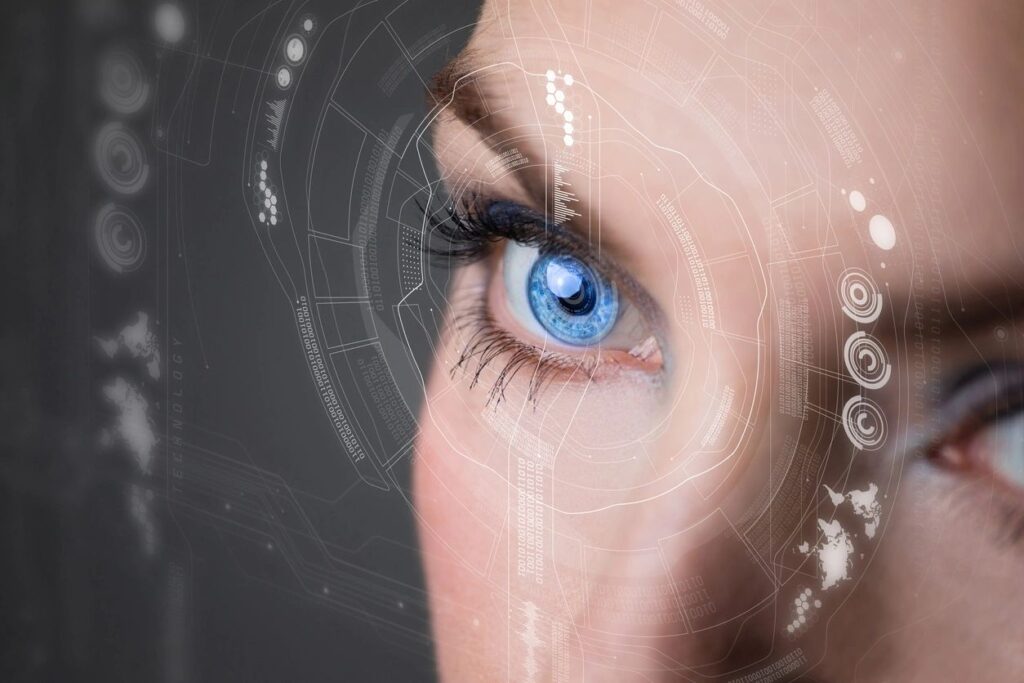In the fast-evolving landscape of technology, artificial intelligence (AI) stands out as a transformative force poised to reshape the future of education. AI is revolutionizing the way educators teach and students learn, from personalized learning experiences to streamlined administrative processes. Let’s explore how AI is not just a trend, but a powerful tool that is shaping the future of education.

Key Roles of AI in Education
Personalized Learning: Tailoring Education to Individual Needs
One of the most significant impacts of AI in education is its ability to provide personalized learning experiences. AI algorithms can analyze learning styles, strengths, and weaknesses, to tailor educational content that meets individual needs. This means that each student receives a unique learning pathway. Ensuring that they are neither bored with material they have already mastered nor overwhelmed by content that is too advanced.
Enhancing Teacher Efficiency: More Time for Teaching
AI isn’t just about improving student experiences; it’s also about empowering educators. This tool can automate administrative tasks such as grading, lesson planning, and managing classroom logistics. Further, this allow the educators to focus more on what they do best: teaching and mentoring students.
Bridging the Gap: Accessibility and Inclusivity
AI has the potential to make education more accessible and inclusive. AI-powered tools can assist students with disabilities by providing tailored support and accommodations. For example, speech-to-text and text-to-speech technologies can help students with hearing or visual impairments engage with educational content more effectively. Similarly, AI can translate educational materials into different languages, ensuring that all students have access to high-quality education.
Data-Driven Insights: Informed Decision-Making
AI’s ability to process and analyze vast amounts of data can provide educators valuable insights into student performance and learning trends. In addition, AI can help educators make informed decisions about curriculum adjustments, intervention strategies, and resource allocation.
Preparing Students for the Future: Skills for a Digital World
As AI continues to permeate various industries, it is crucial that students are equipped with the skills they need to thrive in a digital world. Integrating AI into the curriculum not only enhances learning but also prepares students for the future job market. Understanding AI concepts, data analysis, and computational thinking will be essential skills for the workforce of tomorrow.
Concerns and Challenges
Despite the clear benefits, the high costs of AI training and the amount of irrelevant information available online raises a concern. The training programs often prioritize hype over practical skills, leaving educators with a lot of excitement but little actionable knowledge. And with the adoption of AI in the classroom, the stakeholders must cope on how to use these technologies responsibly.
Cheating and Lack of Human Interaction: AI-powered tools can facilitate cheating, raising concerns among educators that increased AI usage may reduce human interaction in the classroom. 3
Ethical AI Usage: Educators acknowledge the necessity of comprehensive education on ethical AI usage. Likewise to ensure responsible and safe application of AI in educational settings. 3
Equity and Accessibility: AI should be designed to address existing educational inequalities that ensure students have equal access to AI-enabled resources and opportunities. 3 1
Future of AI in Education

Human-Centered Approach: Organizations such as UNESCO and the U.S. Department of Education stress the need for a human-centered approach to AI in education, highlighting the importance of prioritizing educators’ insights and using AI to augment human abilities.. 1, 2
AI Education and Training: Cohort-based learning offers a practical approach to AI education. By engaging in group learning, educators can share experiences, collaborate on projects, and support each other in mastering new skills. Up-to-date case studies provide immediate classroom application, ensuring that what teachers learn can be used right away to enhance their teaching.
AI’s Role in Future Classrooms: Despite concerns about AI’s impact, most educators anticipate that AI will play a crucial role in future classrooms. Moreover, enhancing teaching methods and improving student outcomes.. 3

Artificial intelligence is not just a futuristic concept; it is a present reality that is transforming education in profound ways. From personalized learning experiences and enhanced teacher efficiency to increased accessibility and data-driven insights, AI is shaping a more effective, inclusive, and forward-thinking educational landscape. However, it is crucial to address concerns about cheating, ethical AI usage, and equity to ensure that AI is used responsibly and safely in educational settings.
Let’s harness the power of AI to create an education system that is adaptive, inclusive, and equipped to meet the challenges and opportunities of the future. The time to act is now.

